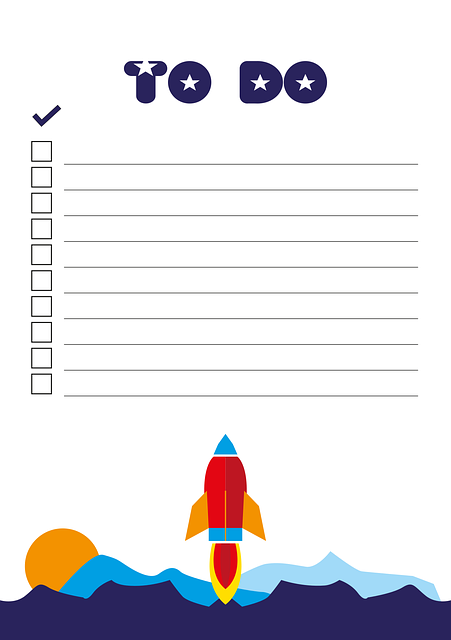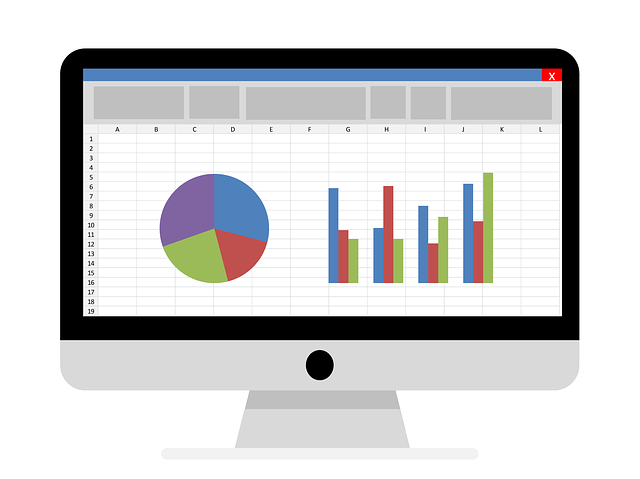Starting a business in South Africa demands robust financial planning. This involves assessing your current finances, setting achievable goals, and understanding the local economic landscape. Our Financial Planning Checklist guides entrepreneurs through evaluating personal and business finances, cash flow patterns, and business model feasibility, ensuring sustainability and alignment with market demands. It enables informed decision-making, crucial for navigating challenges and seizing opportunities in building a successful business from scratch.
“Navigating the entrepreneurial journey in South Africa requires a solid financial foundation. This comprehensive Financial Planning Checklist is designed to empower local business owners with the tools they need to thrive. From understanding your current financial situation—including assessing creditworthiness, identifying assets, and evaluating liabilities—to setting strategic goals and exploring funding options, this checklist covers all bases. By delving into these key areas, entrepreneurs can ensure their ventures are not just started but also successfully sustained in South Africa’s dynamic economy.”
- Assessing Your Financial Situation
- 1. Understand your current financial standing: income, expenses, and savings.
Assessing Your Financial Situation

Starting a business in South Africa requires a robust financial planning checklist, as entrepreneurs face unique challenges navigating the local economy. The first step is to assess your current financial situation. This involves evaluating your personal and business finances, including revenue streams, existing debts, assets, and liabilities. Understanding these fundamentals will help you make informed decisions about future investments and expenses.
A comprehensive Financial Planning Checklist for South African Entrepreneurs should encourage you to delve into this assessment meticulously. It’s crucial to identify short-term and long-term financial goals, analyze cash flow patterns, and assess the feasibility of your business model in light of South Africa’s economic landscape. This foundational step will ensure that your entrepreneurial journey is financially sustainable and aligned with the specific needs and demands of the local market.
1. Understand your current financial standing: income, expenses, and savings.

Before diving into entrepreneurship in South Africa, it’s crucial to assess your current financial situation. As part of your Financial Planning Checklist for South Africa, start by meticulously tracking your income sources, whether from a steady job or early business ventures. Analyse your expenses, categorising them into essentials and discretionary spending. This step will help you identify areas where you can cut back and direct savings towards investments.
Understanding your financial standing allows for realistic budgeting and setting achievable goals. It’s important to note that successful entrepreneurs in South Africa often have a solid grasp of their finances, enabling them to make informed decisions. This foundation is critical when navigating the challenges and opportunities that come with building a business from scratch.
Starting a business in South Africa requires a solid understanding of your financial situation and a well-thought-out plan. This Financial Planning Checklist is designed to help entrepreneurs navigate the unique challenges of running a business in SA, ensuring they make informed decisions about their finances. By assessing your current standing, setting clear goals, and implementing strategic practices, you can lay a strong foundation for the success and sustainability of your venture.







